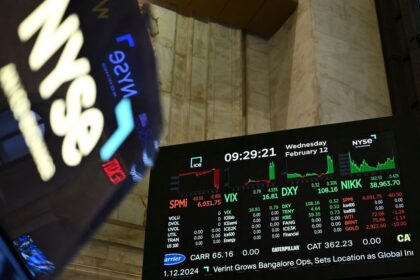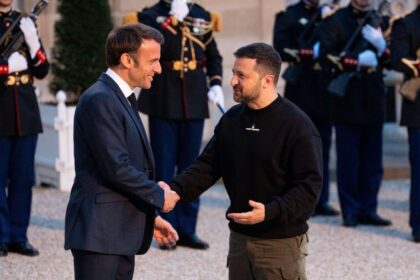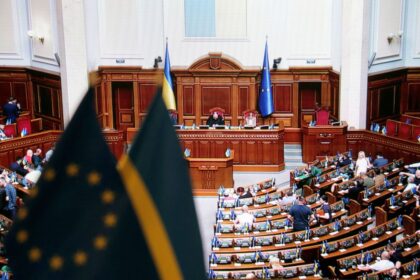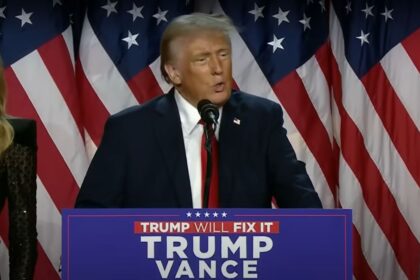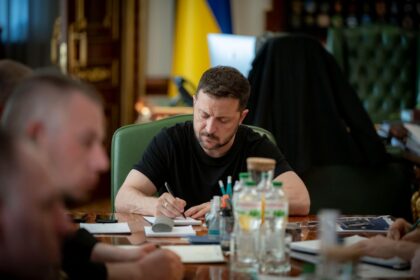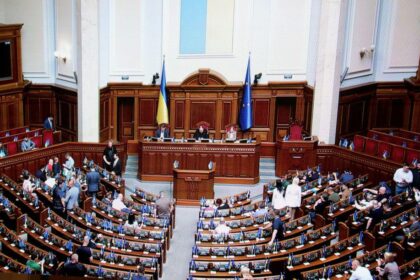**EU Sets Stage for Complete Break with Russian Energy**
The European Union has unveiled a comprehensive plan to sever its energy dependence on Russia by 2027. The move marks a significant shift in the bloc’s strategy, as it looks to reduce its reliance on Russian gas, oil, and nuclear fuel.
According to the European Commission (EC), the EU’s reliance on Russian energy has dropped from 45% of imports in 2021 to just 19% today. However, the recent modest rebound in Russian gas imports has prompted urgent calls for a coordinated phase-out. The EC’s plan aims to halt all remaining gas imports from Russia by 2027 and terminate spot market purchases by the end of 2025.
The EU’s decision is a response to criticism that its energy dependence on Russia has compromised sovereignty and funded the Kremlin’s war machine in Ukraine. “Energy that comes to our continent should not pay for a war of aggression against Ukraine,” said EC President Ursula Von der Leyen, emphasizing the need for a break with Russian energy.
The plan also targets Russia’s nuclear exports, with member states required to secure alternative fuel sources and Brussels looking to block new contracts involving Russian enriched uranium. Energy Commissioner Dan Jørgensen struck a defiant tone when announcing the plan: “No more shall Euros go into [Russia’s] war chest.”
**A Delicate Balance**
While the EU aims to phase out Russian energy imports, analysts caution that this process will be delicate and requires careful navigation. The Commission must balance the need for security and solidarity with concerns about potential energy shortages or price shocks.
Some member states may resist the plan, particularly those heavily reliant on Russian nuclear fuel, like Hungary. European industry still bears scars from the 2022 energy crisis, when the initial scramble to replace Russian supplies sent prices soaring.
**A Long-Awaited Reckoning**
The EU’s decision marks a long-awaited reckoning for Ukraine and its supporters, who have pleaded with Europe to stop financing Russian aggression through energy purchases. While the roadmap may not erase that history, it signals that the EU has begun to listen.
For Alex Cadier, a Brussels-based correspondent, “the roadmap may not be perfect, but it represents a significant step towards reducing our dependence on Russia’s fossil fuels and nuclear power.”






